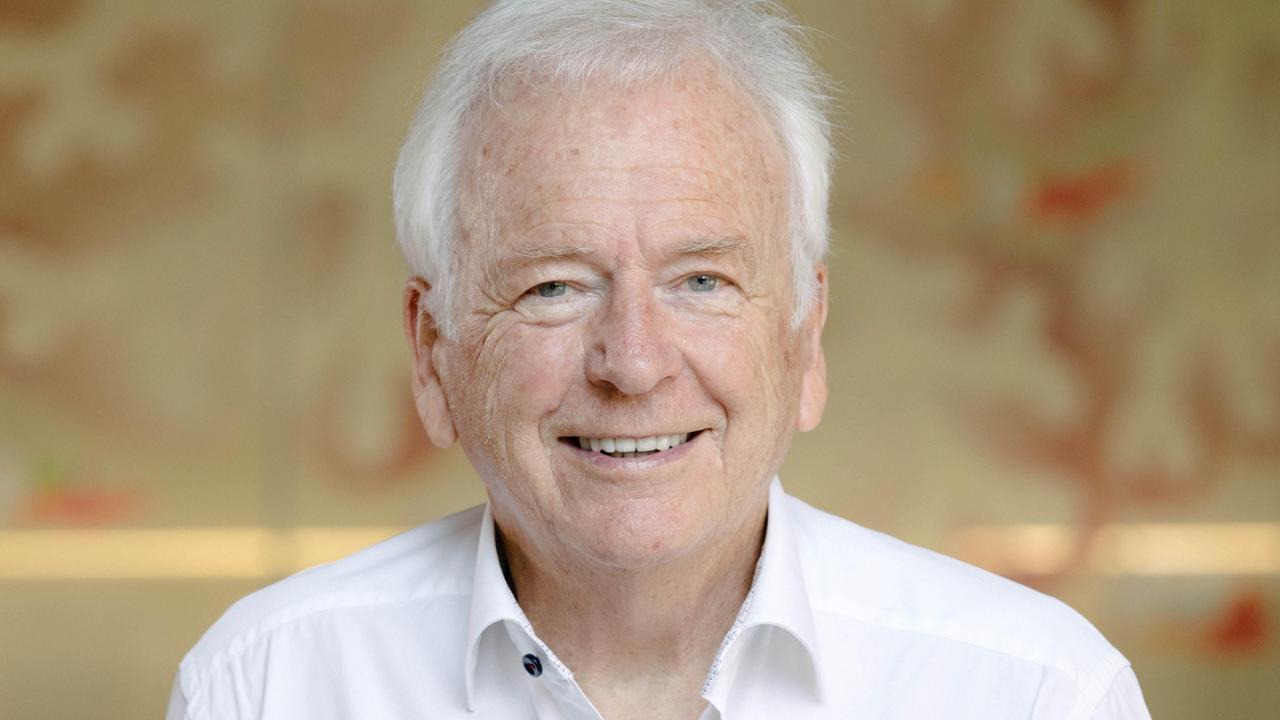Motor neurone disease breakthrough by Qld scientists
Queensland researchers have achieved a major breakthrough, with a treatment for motor neurone disease successful in a human trial.

QLD News
Don't miss out on the headlines from QLD News. Followed categories will be added to My News.
A treatment for debilitating motor neurone disease has been successful in a human trial, offering hope of not only slowing disease progression but also improving gross and fine motor movement.
The trial is a spin off of years long research from the University of Queensland’s Brain Institute.
NuNerve was formed to commercialise the research and test the efficacy of the drug candidate NUN-004.
QBI Emeritus Professor Perry Bartlett said the Phase 1 trial results came after more than two decades of MND research alongside long-term colleague Emeritus Professor Andrew Boyd.
“We are enormously encouraged by the results of this study,” Professor Bartlett said.
“It shows NUN-004 has the potential to provide a new therapeutic option for patients with motor neurone disease – not only in slowing disease progression but also improving gross and fine motor movement,” he said.
The trial involved eight people with MND and 20 healthy volunteers dosed with NUN-004 over a six-month period, under the supervision of UQ’s Associate Professor Robert Henderson and Dr Jing Zhao.
“There were signs of the disease stabilising in the MND patients but also importantly, they gave positive anecdotal feedback on improved gross and fine motor movement,” Professor Bartlett said.
MND progressively attacks nerve cells in the brain and spinal cord and affects more than 2000 Australians every year.
Emeritus Professor Bartlett and Emeritus Professor Boyd began their research partnership in the late 1990s.
“We showed that the EphA4 protein was essential for guiding motor neurons from the brain to targets in the spinal cord,” Professor Bartlett said.
“But further studies showed EphA4 was also responsible for impeding the recovery of motor neurons after an injury. Our theory was that by blocking this action we could preserve the motor neurons and potentially improve motor function and halt the disease.”
Professor Bartlett said vital funds were now needed to bring the drug candidate through the next stage of development.
“There is a dire need for better treatments for MND,” he said.
“There are only three drugs approved globally which may slow the progression of MND and partially improve quality of life, but no treatment that reverses the disease. This trial demonstrates the importance of fundamental research into the brain and nervous system and it’s gratifying to see more than 23 years of research now showing potential benefit to patients.
“The research could also have broader applications, as potential future therapies for stroke, spinal cord injury and sepsis.”






